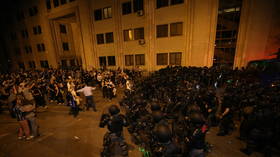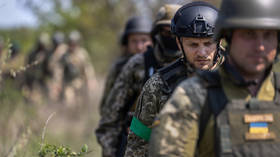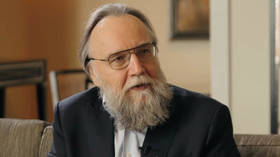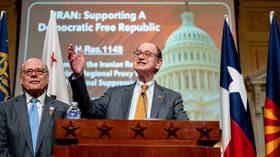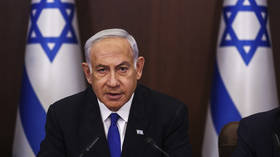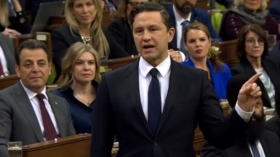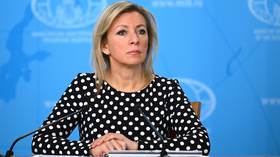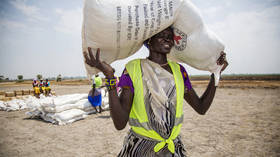Russians ‘undesirable’ at death camp commemoration events in Germany – Moscow
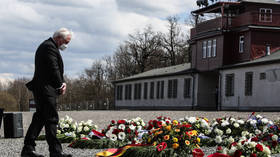
Russia’s diplomatic mission in Berlin has received a notice that the presence of Russian officials at events in Germany marking the liberation of Nazi concentration camps is “undesirable,” Foreign Ministry spokeswoman Maria Zakharova said on Thursday.
The letter was sent earlier this month by the administrations of several memorial complexes at the sites of former death camps, Zakharova explained. It came ahead of International Liberation of Nazi Concentration Camps Day, observed annually on April 11 to commemorate the freeing of prisoners from Buchenwald – one of the largest Nazi death camps of World War II.
“Our embassy in Berlin received a notice that it is undesirable for Russian officials to participate in commemorative events marking the 79th anniversary of the liberation of death camp prisoners,” Zakharova said during a briefing. She noted that the letter targeted people who have dedicated their lives to preserving the memory of World War II.
Zakharova stressed that Moscow regards the move as a “provocative attack” and yet another attempt to portray the war in a politicized “anti-Russian vein.”
“We believe that this is the destruction of historical memory and the truth about the Second World War by Berlin,” the spokeswoman said
Hitler’s invasion of the Soviet Union is estimated to have caused the deaths of over 26 million people, including some 13.6 million civilians. Despite the catastrophic losses, the Red Army played a pivotal role in defeating Nazi Germany and pushed its forces out of Eastern Europe, liberating many concentration camps, including the infamous Auschwitz.
Zakharova also criticized Germany for continuing to ignore Russia’s demands to recognize Nazi crimes against the USSR as genocide, stressing that Berlin “will not be able to remain silent and avoid answering.”
In January, on the 80th anniversary of the lifting of the siege of Leningrad during World War II, Berlin said it was “committed to ensuring that the memory of the atrocities of German War crimes in the Second World War” and acknowledged “its historical responsibility for the crimes committed in Leningrad by the German Wehrmacht.”
Russian diplomats, however, have argued that Berlin’s statements do not go far enough, and expressed dismay that Germany is seemingly hesitant to recognize the Leningrad blockade and other Nazi crimes against the people of the USSR as acts of genocide.



